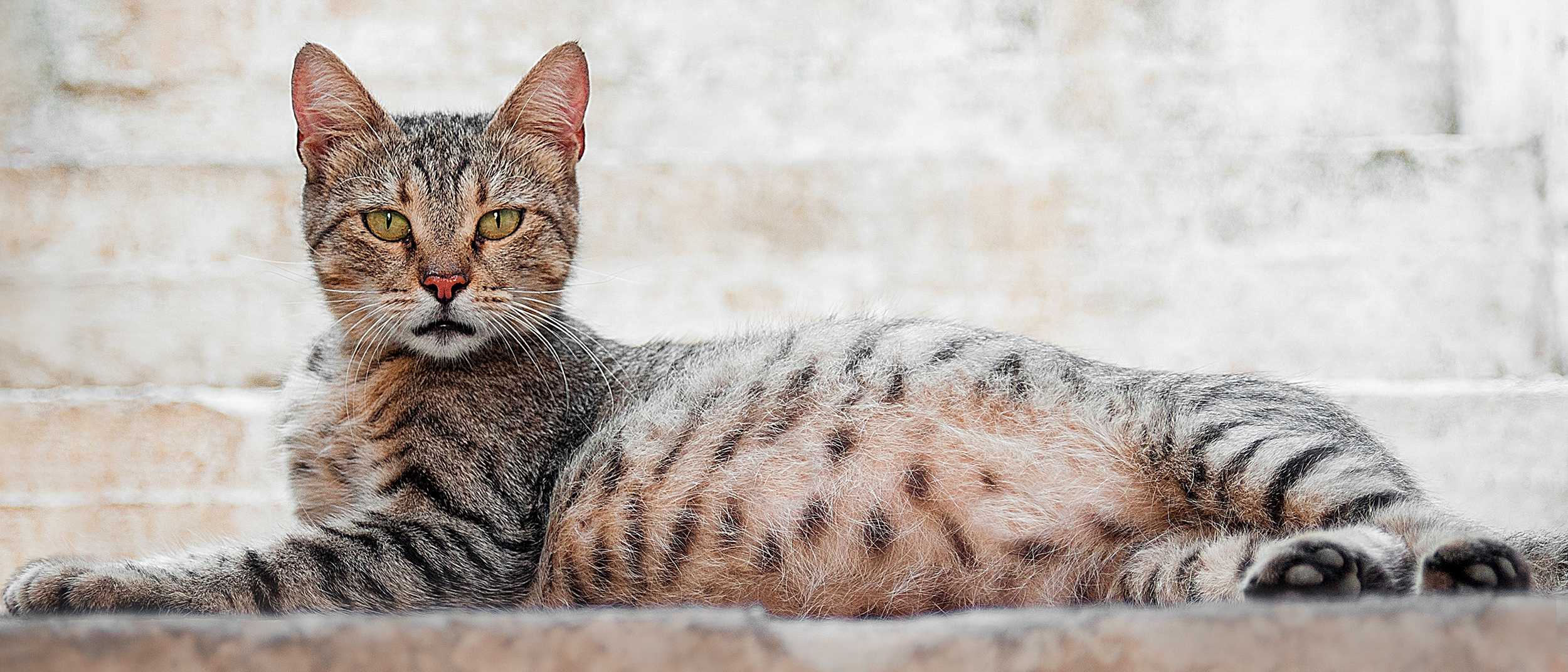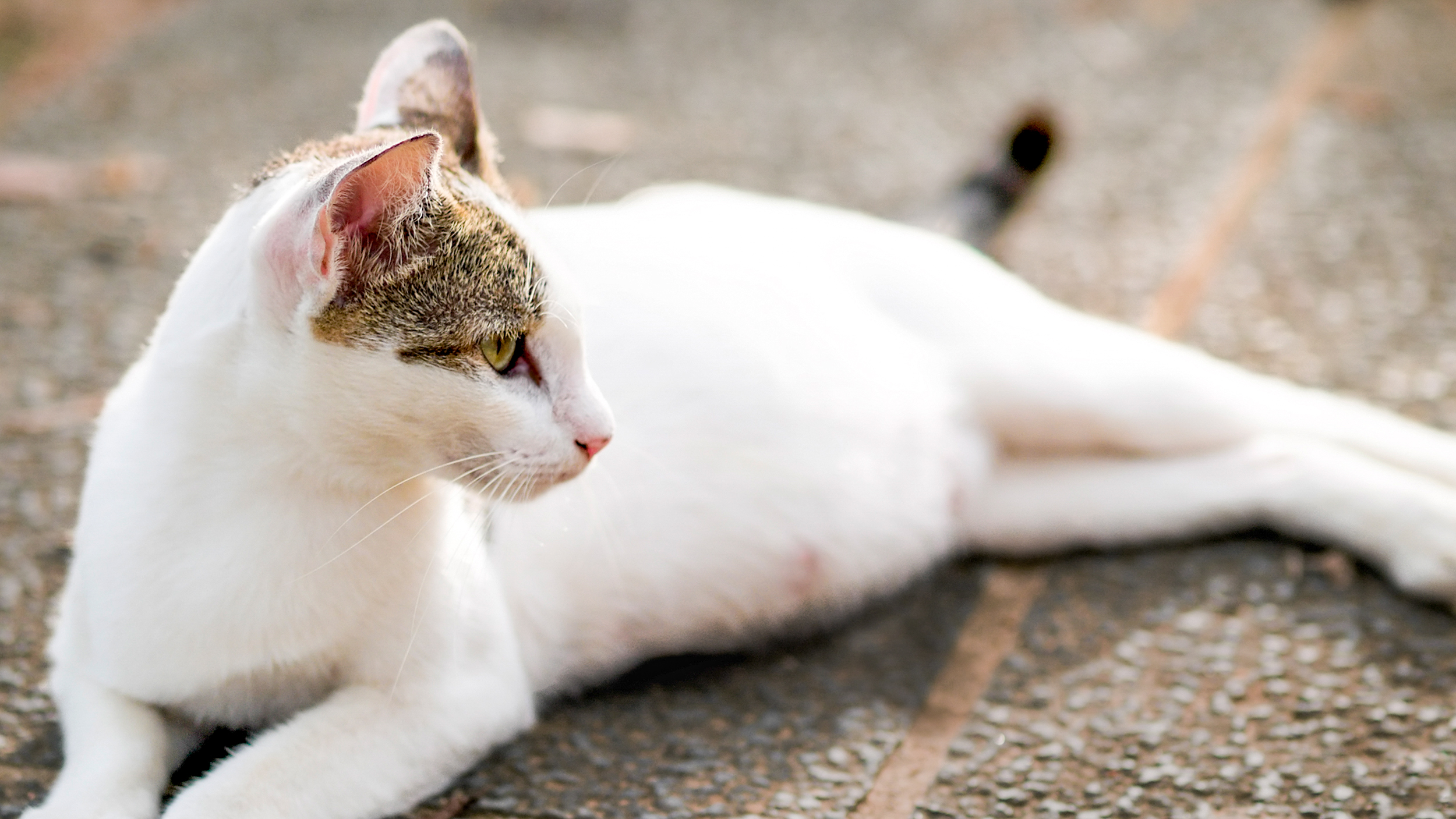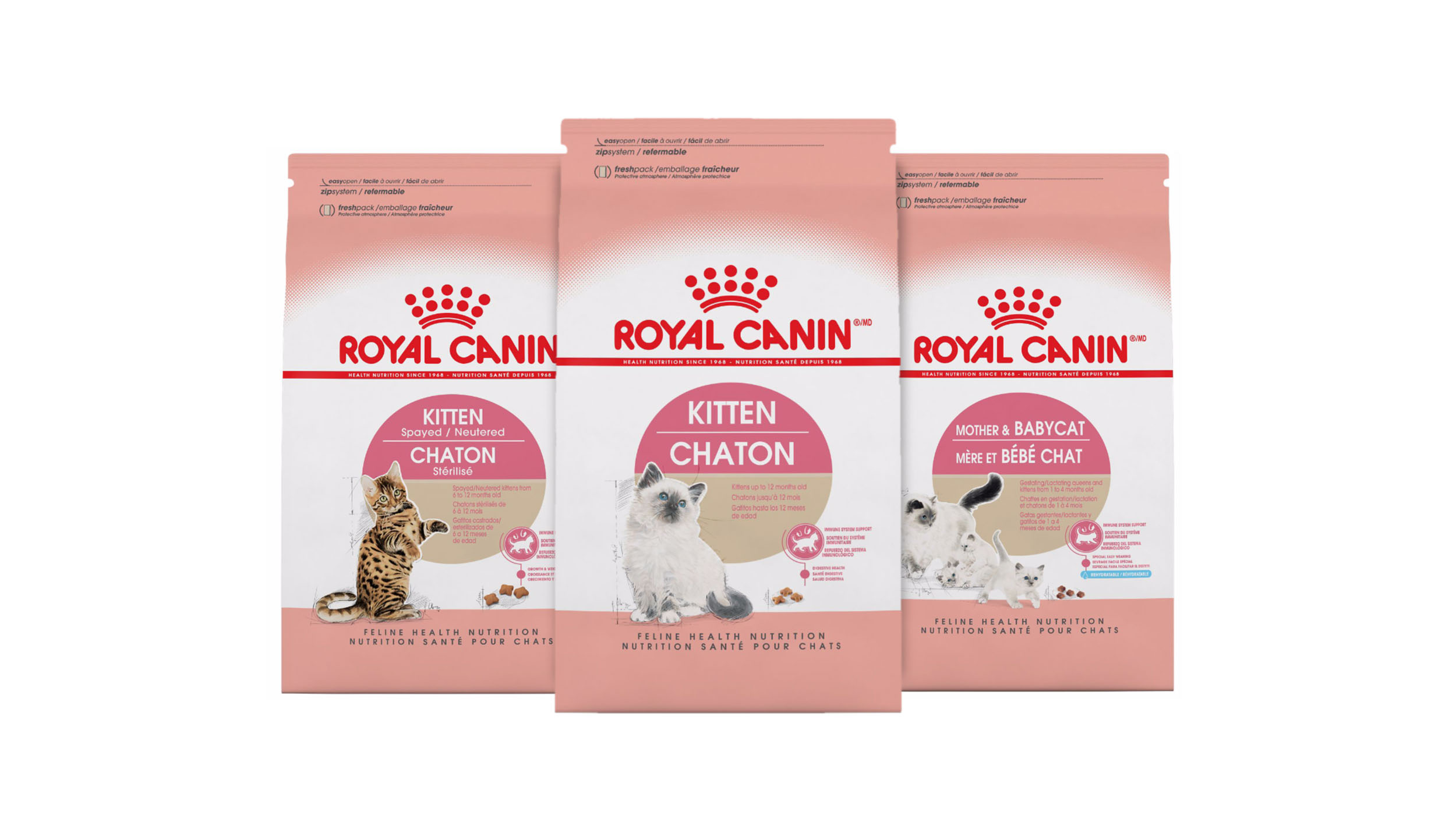How to care for your pregnant cat

As soon as you’re aware you have a pregnant cat, you can start making sure the newborns have the best possible start by managing her nutrition and feeding carefully.
What happens during your cat’s pregnancy
A cat’s pregnancy lasts around 65 days on average, although it can be anything from 61 to 72 days long. During the first two-thirds of her pregnancy, her body is focused on gaining fat to prepare for the kittens. In the last third, any weight she gains will directly come from the growth of her litter.
The best way for your queen (another term for a female cat) to get the nutrients and weight increase she needs to support the birth and nursing of her kittens is through a fat-rich diet, but this should be monitored carefully to avoid unnecessary weight gain.
Weight management of your pregnant cat
Although your queen is increasing in size during the first two-thirds of gestation, she shouldn’t gain more than 40% of her ideal weight. Obesity can lead to complications in the delivery of the kittens, as well as health problems for your cat later on. Therefore, choosing the right food and feeding your pregnant cat in the right way is essential to protect her health and the health of the newborns.
What and how to feed your pregnant cat
At the beginning of her pregnancy, you should feed your queen a fat-rich diet, specifically designed to support gestation and, later, the production of milk to food her kittens. Switch her onto this food progressively by mixing it with her existing food, starting with 25% new food and 75% existing food. Across five to seven days, you can increase the percentage of new food until it’s at 100%. This helps reduce any digestive upsets a sudden change in diet can cause.
As your cat progresses through her pregnancy, her energy requirements will increase by around 10% every week. By the final stages of gestation, she’ll be consuming 70% more energy than normal. An energy-dense food can help with this without adding unnecessary bulk to her food, which could be difficult to digest.

What happens during your cat's pregnancy
The average cat pregnancy lasts 64 days. Your queen (another term for a pregnant cat) will gain fat throughout gestation to sustain lactation. She will also gain weight from the growth of the embryos.
The best way for your queen to get the nutrients and weight increase she needs to support the birth and nursing of her kittens is through an energy-dense diet, but this should be monitored carefully to avoid unnecessary weight gain.
Weight management of your pregnant cat
Although your pregnant cat is increasing in size during the first two-thirds of gestation, she shouldn't gain more than 40% of her ideal weight. Obesity can lead to complications in the delivery of the kittens, as well as long-term health problems for your cat. Therefore, choosing the right food and feeding your pregnant cat in the right way is essential to protect her health and the health of the newborns.
Regularly weigh your cat and adjust her food portions if required; this will help her to avoid gaining too much weight during the pregnancy.
What to feed your pregnant cat
Starting at the beginning of her pregnancy, you should care for your pregnant cat by feeding her an energy-dense diet, specifically designed to support gestation and, later, the production of milk to feed her kittens. You should transition to a food such as Royal Canin's Mother and Babycat Dry Cat Food, which is formulated for the specific needs of growing baby kittens and their queens.
Related Articles

Tailored nutrition for your kitten
Nutritional formulas that help to build your kitten's natural defences, support healthy growth, and aid in digestive system development.
Like & share this page